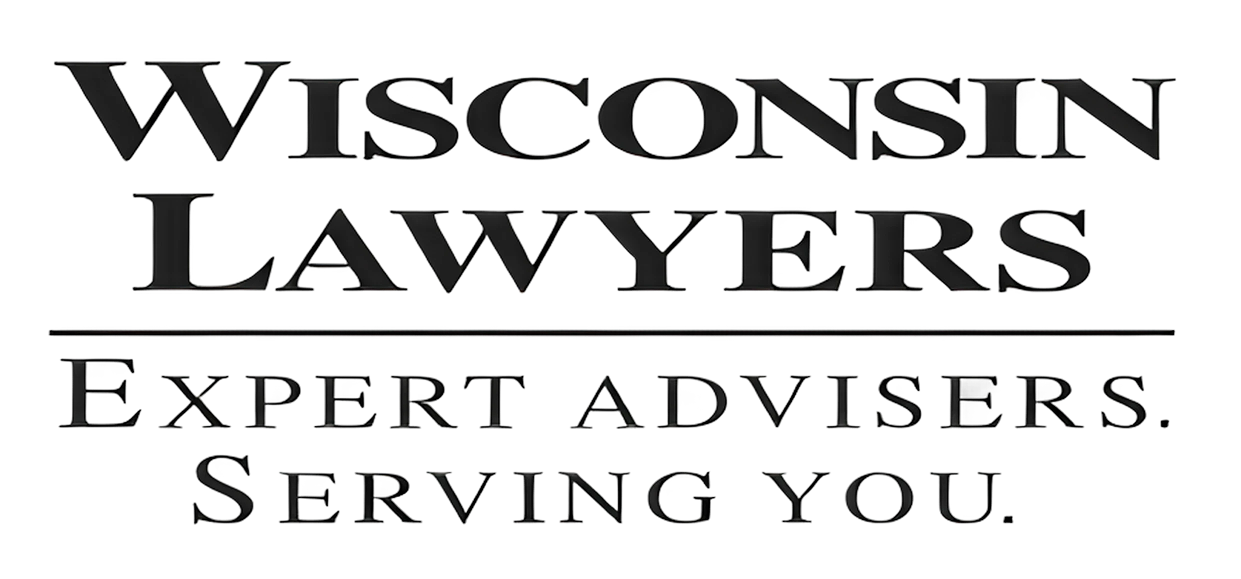Yes. Once you turn 18, your parents lose legal authority to help with your medical, financial, and academic matters - regardless of your health. These documents restore their ability to assist you.
The MyCollegeEstatePlan includes four essential legal documents prepared by real licensed Wisconsin lawyers:
- HIPAA Authorization (allows healthcare providers to share your medical information with your parents now)
- Healthcare Power of Attorney (enables medical decision-making by your parents if you're incapacitated)
- Financial Power of Attorney (gives your parents power to help you with banking, housing, and financial matters)
- Basic Will (distributes your assets to your parents upon your death)
The MyCollegeEstatePlan is prepared for you by real licensed Wisconsin lawyers who insure they are legally valid when you need them, not automated form generators,
This flat fee covers professional legal services that typically cost over $1,250 or more for custom estate plans by lawyers charging over $300-$400 per hour. Through this modern legal service delivery system, you're getting attorney-prepared documents at a fraction of those costs.
Yes, parents can provide payment. However, you are the client and must complete all forms and execute the documents yourself because its your estate plan.
This is a one-time fee. Your documents remain valid until you turn 25 or revoke or update them.
Yes. These documents are drafted using uniform laws, and documents validly executed in Wisconsin are generally recognized in all other states; however, some states or foreign countries may have special rules. If you are concerned about whether your documents are valid in another state, consult a lawyer licensed in that state.
The MyCollegeEstatePlan is designed for single college students and not appropriate for married individuals or parents who need customized estate planning to properly protect their spouse and children.
You can revoke one, several or all of these documents at any time in writing and delivering a copy of that written revocation to your parents and any doctor, bank, or institution that has them or is relying on them. We include a form for you to do so in your plan. All the documents automatically expire when you turn 25.
If you own more than $100,000 of property, you should consider comprehensive estate planning beyond this basic package. Contact us for help.
The MyCollegeEstatePlan is needed immediately after turning 18 and before you first go or return to college. Don't wait until you need them - get protected before emergencies arise. But, you cannot sign these documents until you turn 18.
Yes, automatically when you turn 25 or when you revoke them. Most students update their documents a few years after graduation when life circumstances change.
The documents cannot be edited after signing. When your situation changes (marriage, children, financial independence), you'll need new documents prepared.
These documents are designed for students who want their parents to have authority to help. If you prefer complete independence, this product isn't appropriate for you.
If you do not trust your parents the MyCollegeEstatePlan is not right for you.
Without proper legal authorization, your parents cannot: access your medical information, communicate with your doctors, make healthcare decisions in emergencies, help with banking issues, deal with landlords, or handle any legal matters on your behalf - even in emergencies.
Yes, you can name both parents even if they're divorced. You'll choose who acts first (primary) and who's the alternate. For healthcare decisions, you'll pick "Mom then Dad" or "Dad then Mom." Same for financial matters. They don't have to work together - whoever is primary makes the decisions.
This package is specifically designed for naming parents. If you want to name a grandparent, older sibling, aunt/uncle, or someone else, you'll need custom documents. Contact us about personalized estate planning at our regular rates.
You can name just one parent as your agent for all documents, but you have to contact us to do so because we need to customize your plan a bit.
When you sign your documents, you will need to find and be with witnesses. Your witnesses must be mentally competent disinterested adults (18+). They cannot be related to you by blood, marriage or adoption, benefit from your documents, be involved in your estate, or be a health-care provider, employee or spouse thereof. Friends, neighbors, roommates, classmates, professors, coaches, or coworkers all work perfectly. They just need to watch you sign and then sign as witnesses. Parents, siblings, grandparents, aunts, uncles, and romantic partners cannot be witnesses.
No. Being on their insurance just means their insurance company help pay your medical bills. It gives them zero legal authority to: get information about your medical condition, talk to your doctors, access your medical records, or make healthcare decisions for you. Insurance coverage and legal authority are completely different things.




